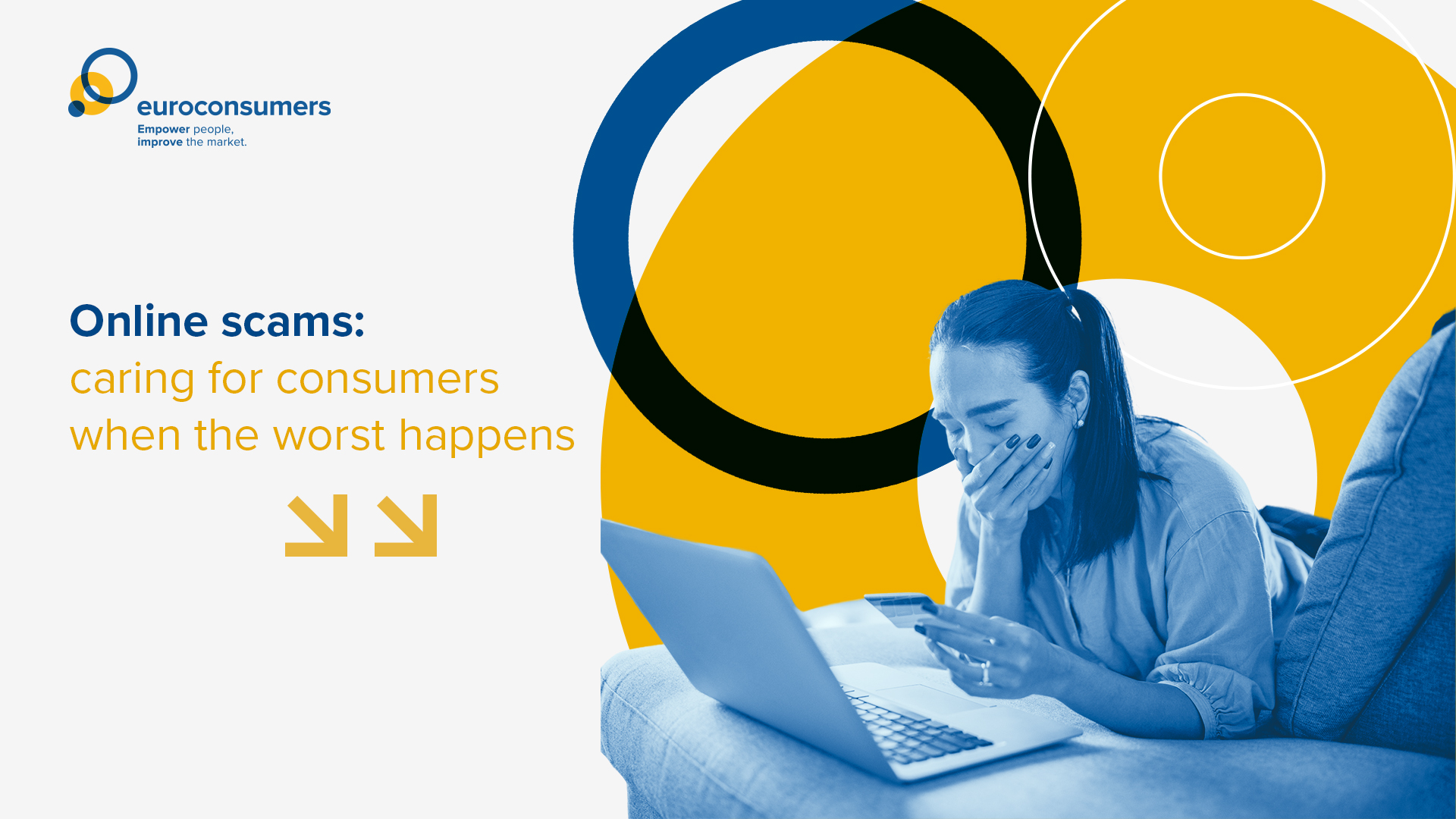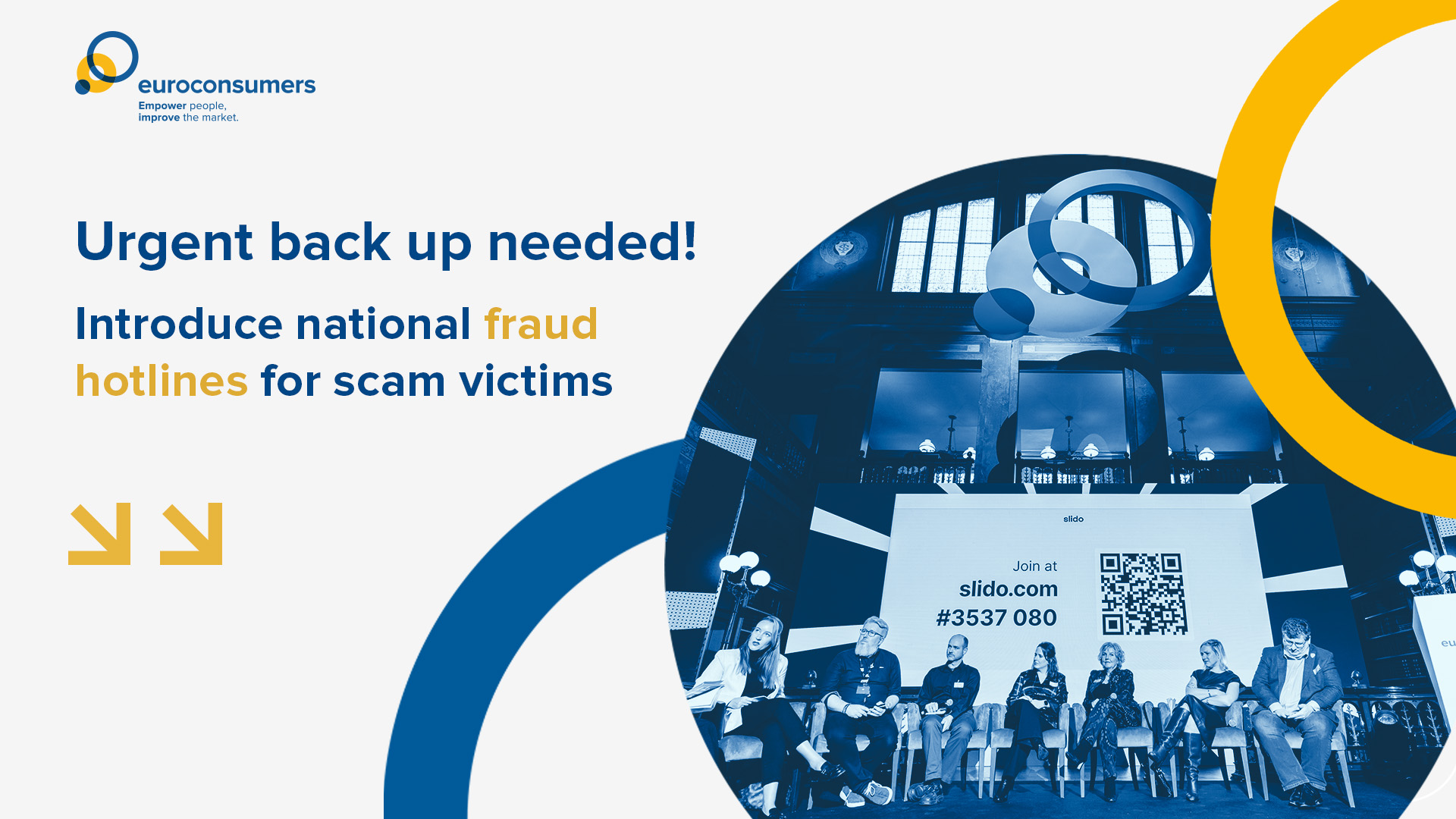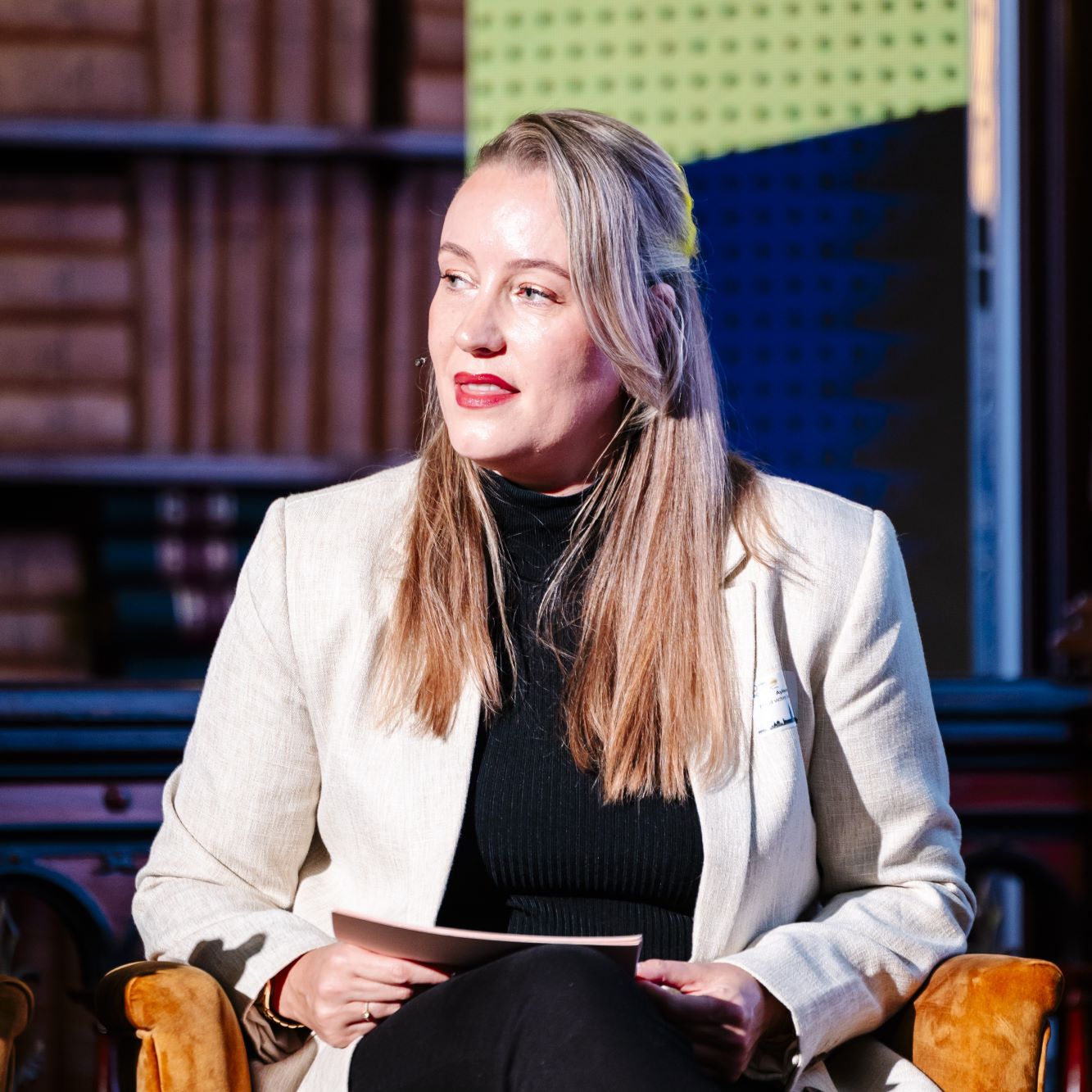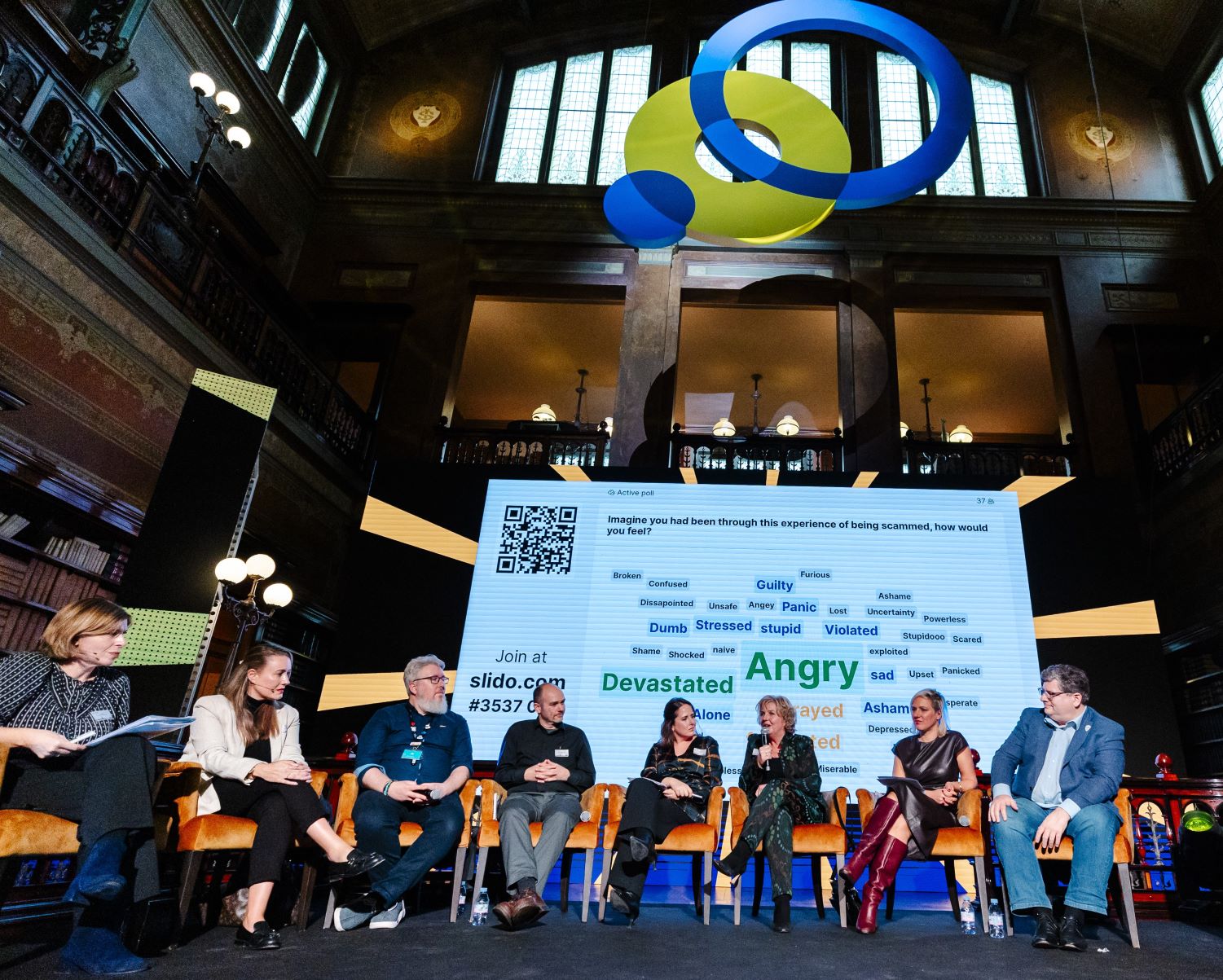
Online scams: caring for consumers when the worst happens
Euroconsumers co-hosted the 2024 Global Anti Scams Summit and calls for better aftercare for consumer victims of online scams



Euroconsumers new survey has revealed that staggering numbers of people face online scams. More than 4 out of 5 of the 4,000 respondents from Belgium, Italy, Portugal and Spain said they had been exposed to a fraud or scam.
Scams can be devastating, not just in terms of the money lost but the psychological and emotional impact on a person who can feel angry, ashamed and that they are to blame.
Yet despite the severity of this crime, only 47% of people across the Euroconsumers countries say they have access to a clear process to report and deal with the aftermath of a scam.
Euroconsumers and the Global Anti Scam Alliance want this to change. At the 2024 Euroconsumers Forum on the 5th December, we launched a joint call to national governments to establish dedicated fraud hotlines.
As well as providing a simple, centralised point of contact for scam victims, these hotlines must offer or signpost people to the support, guidance, and resources they urgently need in the aftermath of a cybercrime.
At the Euroconsumers Forum 2024, we saw upfront how being shunted between banks, police, loan companies and card providers to report and deal with the scam can re-traumatise and re-victimise scam survivors.
Joining a panel of law enforcement officials, industry leaders, financial professionals and victim support groups was Ayleen Charlotte, whose story of a sophisticated romance scam was featured in the Netflix documentary ‘The Tinder Swindler’.
She spoke about a lack of support and help from banks, police and loan companies, being passed endlessly between different departments and having to recount her story over and over. In some cases she felt the fraud she experienced was not taken seriously. She feels a victim-focused approach is the only way to help people recover and rebuild.

The aftermath of fraud is often harder to cope with than the fraud itself. We need to focus not only on raising awareness but also on supporting the actual victims.
The organisations represented on the panel went on to share how they now respond to scam victims, five years on from Ayleen’s experience.
For example, the Head of Fraud at KBC Bank spoke of the dual role banks now play, both following the money and supporting those impacted:
Our goal is not only to follow the money but also to provide support. Scams are the only crimes where the victim is often seen as the culprit.
A Belgian city police force have a specialist scam unit set up to keep in close contact with victims and prioritize their wellbeing:
We’ve encountered victims who have attempted suicide, elderly individuals who are terrified and have lost trust in everyone, and countless people struggling with depression after losing everything. Our specialized team visits victims at their home from whom we suspect they are severely impacted.
Amongst these more positive stories, there was still a sense that navigating the aftermath of a scam can be a disjointed and isolating experience.

Instead of sending scam victims on a lonely journey through police, banks and platforms in pursuit of help and redress, a single fraud hotline could take some of the burden off their shoulders. It also allows for the specialized approach scam survivors require to address the shame and emotional impact that comes with a scam
Els Bruggeman, Head Policy and Enforcement at Euroconsumers
National fraud hotlines can help close the gap in enforcement and victim support. Making it easier to report will drive up the valuable data that can help solve individual cases and build up intelligence on larger scale scam patterns.
Euroconsumers works with the Global Anti Scam Alliance to break down the networks behind scams, we have co-hosted two Global Anti Scam Summits in Lisbon 2023 and Brussels 2024. Director Jorij Abraham told us:
Globally we see that the UK, Australia and Singapore have centralised fraud helpdesks and are way ahead of what is happening in Europe in terms of countering scams. A fraud helpdesk in each country in Europe would not only help victims but also to make sure victims keep reporting. Because if they don’t report, police cannot see it and if police cannot see it, the scammers win.
Working together and empowering victims to report crimes will ultimately help in the fight back against scams and restore much needed trust in the digital ecosystem.